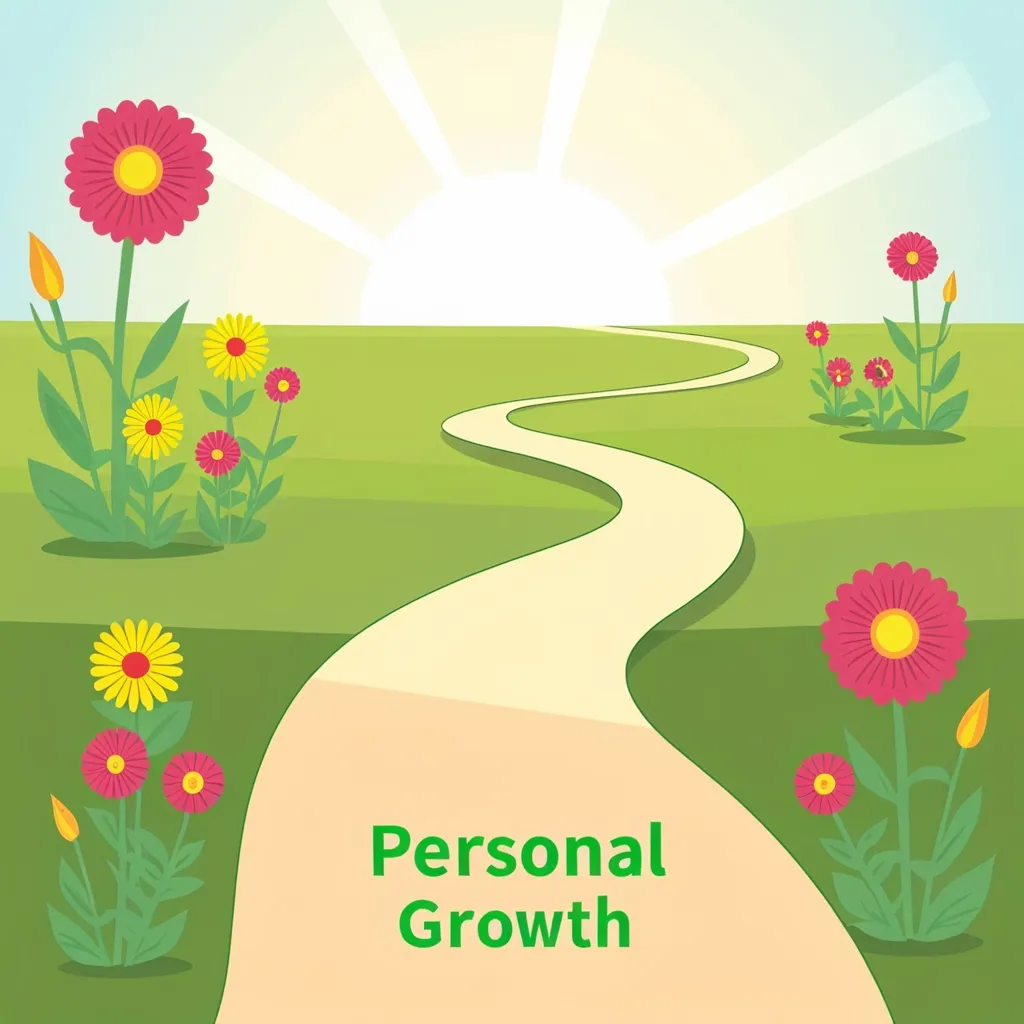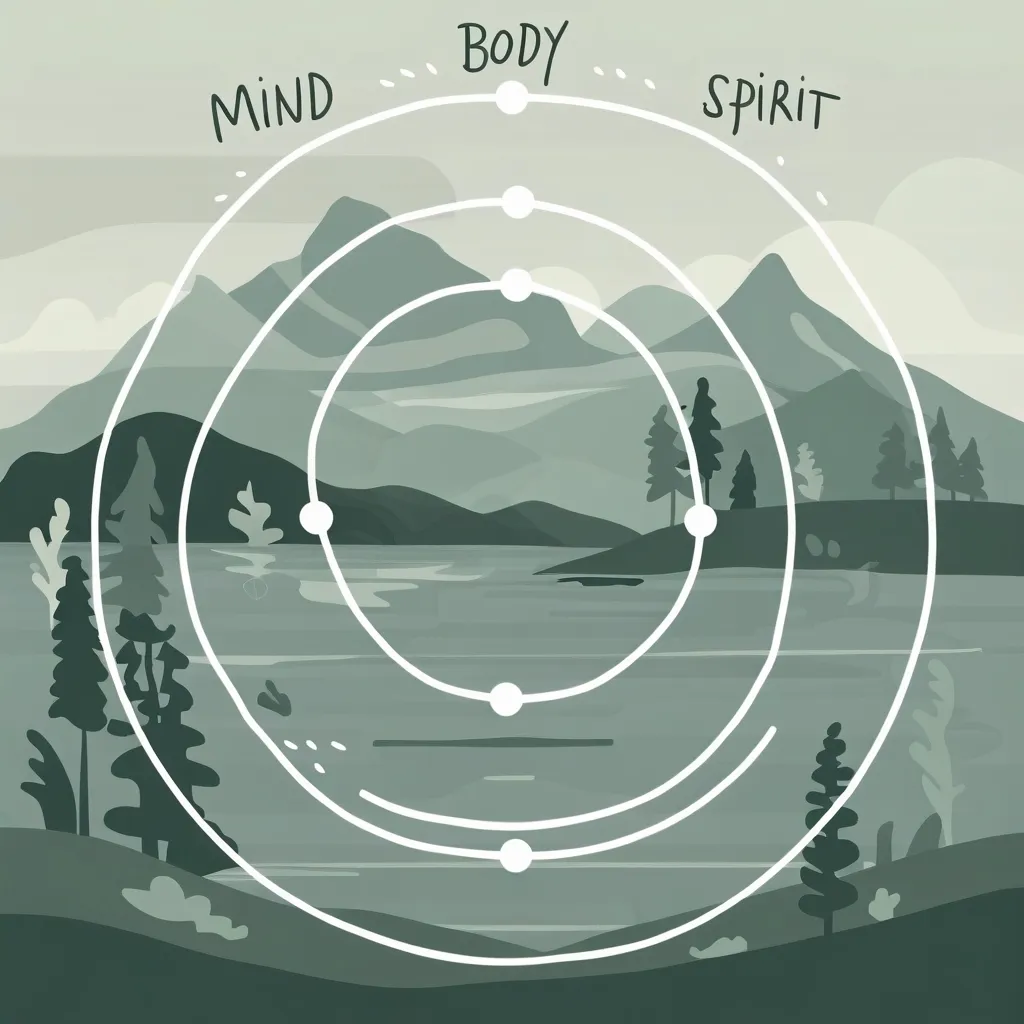Depression hits hard and fast. It’s a mental health storm that affects millions worldwide, and it’s way more than just feeling down. Imagine a never-ending fog that clouds your thoughts, steals your energy, and makes even the simplest tasks feel insurmountable. That’s depression. It’s not just a chemical imbalance in the brain. Let’s dive into what makes this condition so complex, touch on its symptoms, and explore the different ways people manage it.
Depression isn’t about just feeling sad or losing interest in your favorite activities, though those are part of it. It has many faces, and it manifests differently from person to person. You might’ve heard that depression is due to a lack of certain brain chemicals like serotonin. However, recent research has debunked this oversimplified theory. Sure, medications like SSRIs (Selective Serotonin Reuptake Inhibitors) that boost serotonin levels can help, but low levels of serotonin aren’t necessarily the root cause.
To put it simply, the brain has billions of neurons and trillions of synapses. Pinpointing a single chemical imbalance as the cause of depression is like trying to find a needle in a mountain of needles. The reality is, depression results from a complicated mix of genetic, environmental, and psychological factors.
The brain is like a super intricate control center, and areas like the amygdala, hippocampus, and hypothalamus play significant roles in mood regulation. For instance, the amygdala processes emotions, and it’s often more active in people with depression. However, increased activity in the amygdala doesn’t mean it’s the lone culprit. It’s part of a vast interwoven system that, when disrupted, can contribute to depressive symptoms.
Depression’s symptoms are all over the place and can make diagnosing it a challenge. Common symptoms include feeling empty, worthless, sad, or helpless. Appetite can swing wildly, leading to weight loss or gain. Sleep might elude you, or you might sleep way too much. Irritability, restlessness, and mood swings are par for the course too. More severe symptoms include a debilitating lack of energy, feeling emotionally numb, and even having thoughts of self-harm. Sometimes, people hear voices or feel a constant sense of impending doom that makes daily life incredibly tough.
Medicines and therapy are often combined to treat depression, but it’s not a one-size-fits-all remedy. Medications like antidepressants change brain chemistry and can be helpful, but they don’t work for everyone. On the other hand, various therapy forms, such as cognitive-behavioral therapy (CBT), dialectical behavior therapy (DBT), and family-focused therapy, have shown great promise in helping manage depression’s symptoms.
CBT helps people spot and change negative thought patterns and behaviors contributing to their depression. DBT goes a step further by teaching skills to handle emotions, cope with distress, and improve relationships. Family-focused therapy involves getting the whole family in on the treatment process, making it especially effective for teens and young adults.
One major pitfall for people with depression is isolation and turning to substances like alcohol or drugs to cope. Both can make things much worse. Maintaining social ties and steering clear of these substances is crucial. They mess with neurotransmitter levels, throwing more fuel on the fire of depression. Support from loved ones and mental health professionals is vital. Joining support groups or partaking in group therapy can offer a sense of community and remind individuals they’re not alone in their struggle.
Recovering from depression isn’t a quick fix. It’s a journey requiring patience, support, and often a good deal of professional help. Finding the right treatment plan is key, and this might mean trying out different medications, therapies, or a mix of both. Lifestyle changes can also play a huge role in feeling better. Regular exercise, balanced nutrition, and good sleep hygiene can lift your mood and overall well-being. Activities that bring joy can help push back against the dark cloud of depression.
Depression is just too complicated to blame on one single cause. It’s an interplay of factors like genetics, brain chemistry, and life experiences. Although researchers are learning more about the biology behind it, there isn’t a single cause or cure for depression. The notion of a chemical imbalance is outdated and too simplistic to capture the full picture.
Our understanding of depression is continually evolving, and so are our treatment approaches. Each person’s experience is unique, and it’s crucial to approach depression with this nuanced perspective. For anyone battling depression, seeking help from mental health professionals is absolutely essential. With the right support and treatment, managing symptoms and improving quality of life is totally possible. It’s important to remember that depression isn’t a sign of weakness, and seeking help is the first brave step toward recovery.
Depression may be multifaceted and demand a comprehensive treatment approach, but understanding its complexity can pave the way towards relief and healing. So, reach out, seek the right kind of support, and take that first step toward better days.






